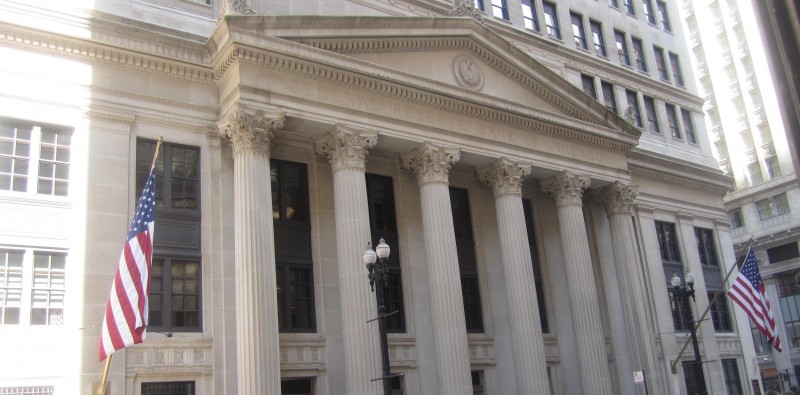Popular Posts
The stock market seems to touch new highs every day, even as the Federal Reserve is raising interest rates and laying out a path for more increases to come.
Should you do something?
The short answer is no. The long-ish answer, however, will give a better understanding of how we got here and what it means for savers and investors.
First of all, interest rates in and of themselves are meaningless until you consider them in the aggregate. An quarter-point increase telegraphed months in advance (which we got), even if followed by more of the same, won’t change the markets.

Stocks might decline in the next quarter or two. It would be unusual if they didn’t. They might even decline sharply and possibly “crash” a couple of thousand points. It’s impossible to say that can’t happen.
That’s because the stock market has been on an expansion the likes of which have rarely seen and the economy hasn’t dipped into recession for many years either. Statistically, a market decline, recession or both seem more likely than, say, three years ago.
And that’s the problem. They seem more likely, but nobody can tell you for a fact that they are more likely. An interest rate increase doesn’t make these outcomes more knowable.
Rather, the interest rate is best understood as a kind of all-in-one gas and brake pedal. Raise it steadily and the economy should slow. Lower it steadily and the economy should speed up.
The Fed’s voting members seem to think that the economy is on a roll and needs a little tap on the brakes in order to avoid overheating, inflation and possibly a recession. The Fed has been wrong before, and it might be wrong now.
The counter-balance to all the hand-wringing over the bull market in stocks is that our recent economic expansion has been very, very slow. Past recessions have been sharp, followed by a sharp recovery.
Often it happens within months. Not this time. A slow expansion may have kept stock prices in line with the underlying economy, meaning they are fairly priced, not overpriced.
The Great Recession, at least according to the data, lasted all of 18 months, from January 2008 to July 2009. We’ve been in an expansion ever since.
Again, a very slow expansion and certainly an uneven expansion from the perspective of the many millions of dislocated unemployed people — but an expansion nonetheless.
The Fed looks at wage growth, unemployment and other inputs in order to try to get ahead of whether that expansion that might be outpacing itself. Government spending to come is another factor. If it seems expansionary, that too is considered.
A third factor: Interest rates have been at nearly zero for years. Now the Fed is aiming for around 1%. Historically, though, that’s still extremely low.
In essence, the Fed’s view is that we finally got the car cranked up and going at something like a respectable highway speed. Time to ease off the pedal bit by bit and find a comfortable momentum.
Sure, there will always be investors who see any increase in the cost of money as a reason to sell. And the short-term market might prove them right.
But the long-term investor will see a downturn in stocks as an opportunity to buy. After all, the idea that the economy is growing on its own and thus needs a rate increase is a net positive for company earnings, now and in the future.
If you’re invested for at least 10 years out, nothing about an increase in the interest rate should be feared. In fact, it should be celebrated.
MarketRiders, Inc. is a registered investment adviser. Information presented is for educational purposes only and does not intend to make an offer or solicitation for the sale or purchase of any specific securities, investments, or investment strategies. Investments involve risk and, unless otherwise stated, are not guaranteed. Be sure to first consult with a qualified financial adviser and/or tax professional before implementing any strategy discussed herein. Past performance is not indicative of future performance.